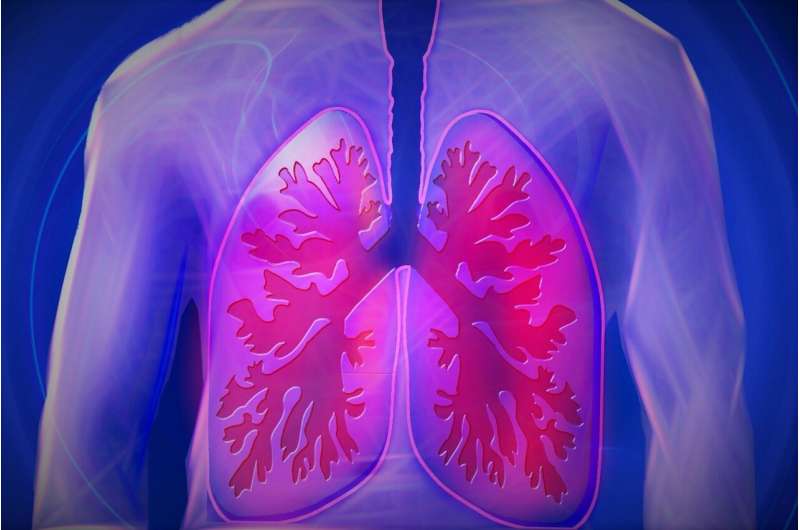Social Networks Show Limited Effectiveness in Boosting Vaccination Rates

Recent research from Cornell University reveals that social networks, despite their widespread influence, have limited impact on increasing vaccination uptake during a public health emergency. The study, published in the journal Health Economics, examined whether friendship connections on social media platforms could encourage individuals to get vaccinated for COVID-19, especially when vaccines were initially scarce and access barriers existed.
The researchers focused on two potential network effects: first, whether social media-based friendships could help mitigate access issues by facilitating easier discovery of vaccination sites; and second, whether sharing firsthand experiences about vaccine effectiveness through these networks could influence others' vaccination decisions. However, their findings indicate that vaccination preferences tend to be quite rigid and are not significantly swayed by exposure to vaccinated friends, even in regions with high vaccination rates.
"Our study aimed to understand if social networks could promote vaccine adoption during a national emergency," said co-author Nancy Chau. The team analyzed weekly county-level vaccination data across the U.S. and found that while short-term influences from social ties exist—particularly in areas with historically low vaccination rates—they do not produce lasting behavioral change.
Interestingly, the study notes that during the COVID-19 vaccine rollout, online social platforms such as Facebook groups played a role in temporarily increasing vaccination rates by helping individuals find clinics and overcome logistical obstacles. Yet, these effects were short-lived and insufficient to significantly alter overall vaccination trends.
The researchers also discuss broader challenges in vaccine promotion, including recent cuts to research on vaccine hesitancy by the NIH and criticism directed at the CDC for underestimating outbreak risks. As measles cases surge in certain areas due to declining vaccination rates, understanding how to effectively increase vaccine acceptance remains a critical priority.
In sum, the findings suggest that passive exposure within social networks alone is not enough to change vaccination behavior substantially. Instead, active public health campaigns and targeted interventions are essential to address persistent vaccine hesitancy and improve immunization coverage.
Source: https://medicalxpress.com/news/2025-04-social-networks-ineffective-mobilizing-vaccination.html
Stay Updated with Mia's Feed
Get the latest health & wellness insights delivered straight to your inbox.
Related Articles
Government Termination of Trans Health Research Sparks Concerns Across Science and Society
The abrupt termination of a pivotal trans health research study by the government raises concerns over scientific progress and societal impacts, highlighting risks to community trust and health equity.
Evaluating Australia’s Medicine Approval Timeline Compared to the US
Australia's medicine approval process balances safety and efficiency, often taking longer than the US, but ensuring rigorous safety standards for public health.
Significant Improvements in Long-Term Survival for Patients with Chronic Thromboembolic Pulmonary Hypertension
Recent research highlights significant improvements in long-term survival rates among patients with chronic thromboembolic pulmonary hypertension, driven by advances in surgical and medical treatments over recent decades.
Disparities in Maternal Outcomes: Higher Risks for Marginalized Groups in Planned Repeat C-Sections
Research reveals that Black and Latinx women face higher risks of severe maternal health complications during planned repeat cesareans, highlighting ongoing racial disparities in obstetric care.



